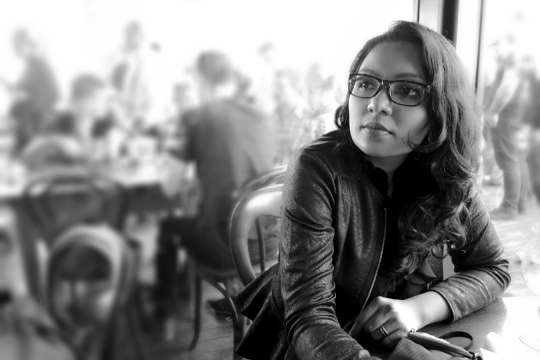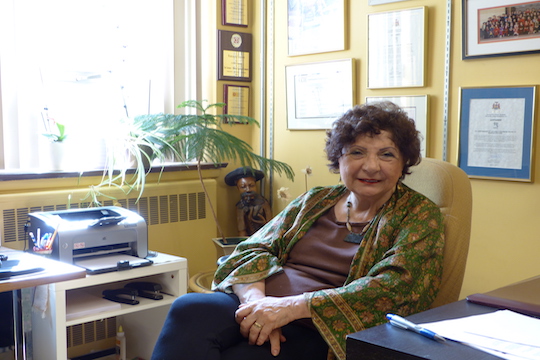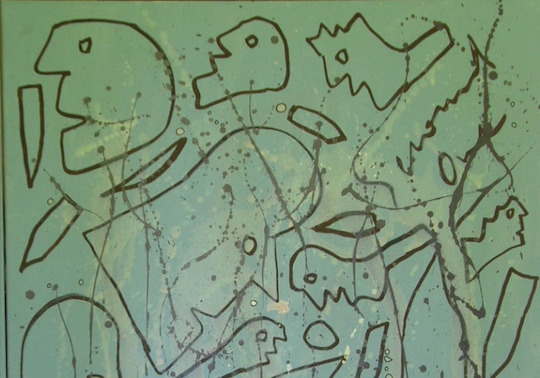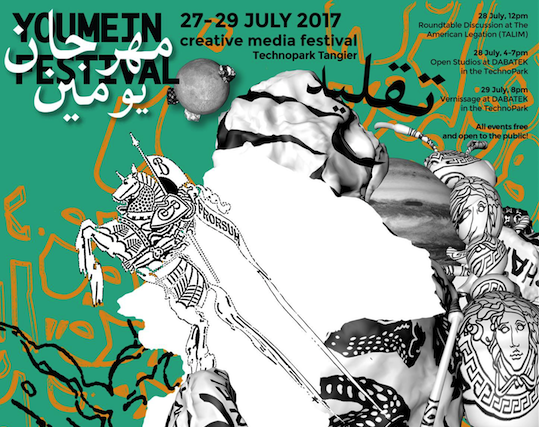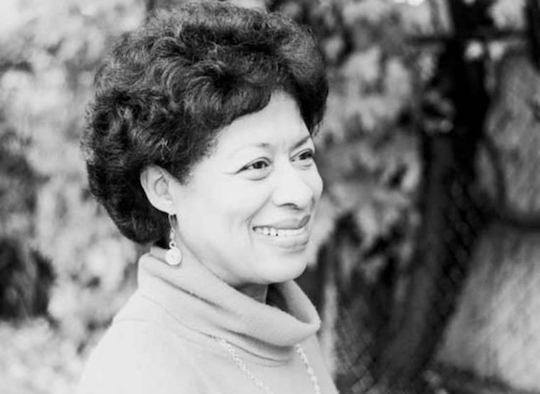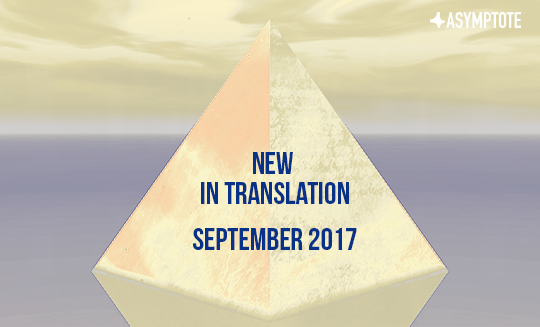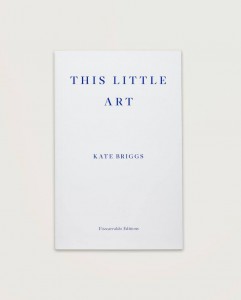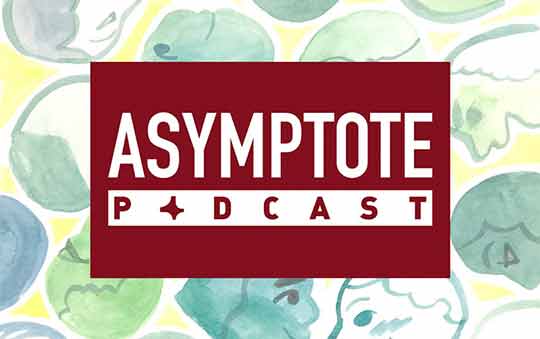In addition to our usual roundup this week of the latest and most exciting prizes and competitions, our Editor-at-Large in the USA, Madeline Jones, shares some important news about sexual harassment in the nation’s media and publishing industry; Editor-at-Large Tiffany Tsao draws our attention to the online harassment of an Indigenous poet, just over a week before the start of Australia’s first Indigenous literature festival; Editor-at-Large Julia Sherwood fills us in on the most exciting new works being released in Czech Republic, and pens a short obituary for a legendary and fearless translator who rubbed shoulders with some of the mid-century’s greatest authors and defied the Czech Soviet authorities. We hope you find this week’s news informative, and we express our solidarity with all women around the world who are standing up to abuse.
Madeline Jones, Editor-at-Large, reporting from the USA:
The American publishing and media industries have been rocked by an outpouring of sexual harassment and assault accusations against powerful men who have used their standing and infl-uence—and in some cases millions of dollars—to silence women’s complaints. The New York Times and The New Yorker reported the first stories implicating Hollywood producer Harvey Weinstein in a number of harassment and assault charges on October 5th, which sparked a revolution. Over fifty women have since come forward with complaints about Weinstein’s behavior, he has been fired from his own company, and Hachette Book Group promptly shut down Weinstein Books. The hashtag #metoo sprung up in the wake of these first accusations, demonstrating the sweeping extent of harassment across all areas of work and life, and a list started circulating among women in journalism and media called “Shitty Media Men” where women shared specific names of male perpetrators who had made unwanted advances or offered quid pro quos and who are still employed at prominent magazines and newspapers.


